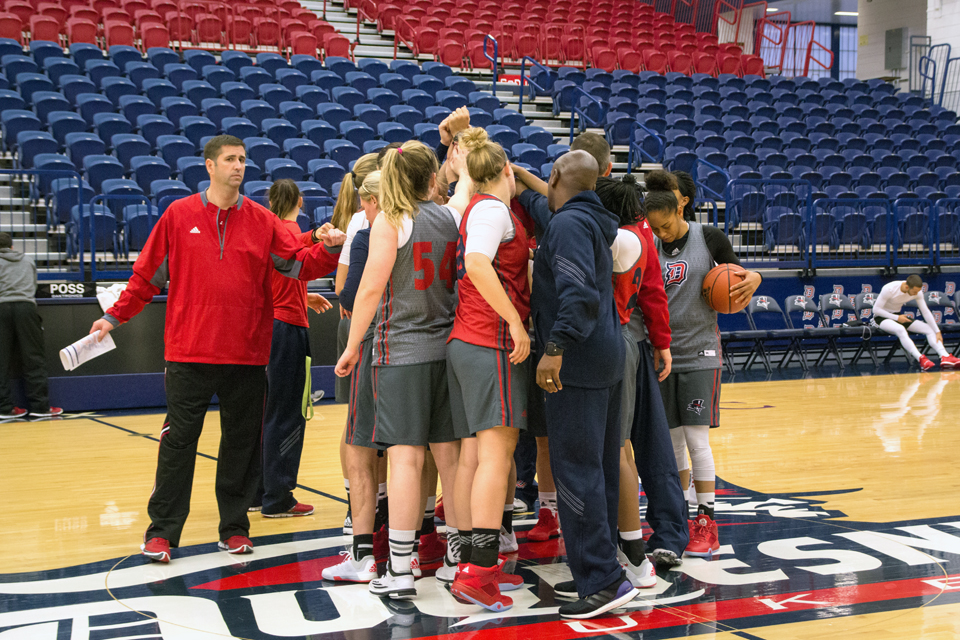

By Craig Taylor | Staff Columnist
“Out of 300 million people, this is the best we can come up with?”
That sentiment of frustration is something that most Americans have likely either heard or felt regarding this election season. Even the die-hard supporters of both Hillary Clinton and Donald Trump often have to justify scandals and controversy by measuring their nominee’s disgraces with what the opposing candidate has done, rather than positively comparing their platforms.
Understandably, some people are casting “protest votes” for third-party candidates. Reasons include because they believe a third-party candidate like libertarian Gary Johnson might actually be able to win or that it will maintain the sanctity of the democratic process by voting for the person who best represents their values. But is choosing a third-party ticket going to make some kind of difference, or is it really just “throwing away your vote?”
For the sake of the argument, let’s look at Johnson specifically, as he’s the current leading third-party candidate, according to election-analysis site FiveThirtyEight.
It’s important to understand exactly how a third party could impact the presidential race, if at all. If neither major candidate receives a majority of the electoral votes, the next president is decided by the House of Representatives. This means that a third party must earn enough electoral votes to prevent either candidate from reaching the 270 vote majority, and winning one of the more valuable states could force the decision to come to the House.
There is precedence for this: During the twentieth century, a third party won a state in approximately 20 percent of presidential elections. But right now, that chance is waning as Johnson’s national popularity has dipped, down to 5.4 percent from 9 percent in August, according to FiveThirtyEight’s election forecast. Also, even if Johnson actually wins his home state of New Mexico (which FiveThirtyEight gives a 2 to 3 percent chance of happening), the bipartisan race must then be close enough that neither major candidate reaches the 270-vote majority; FiveThirtyEight estimates this having a .2 percent chance of happening.
Thus, deadlocking the election by casting a third-party vote seems like a fairly unlikely outcome, especially if you live outside of New Mexico. But what about voting to maintain the integrity of the voting process? Shouldn’t Americans vote for the person who best aligns with their beliefs, regardless of whether they have a shot at winning?
There is some merit to this. Regarding voting, Samuel Adams said, “The people alone have an incontestable, unalienable and indefeasible right to institute government and to reform, alter or totally change the same when their protection, safety, prosperity and happiness require it.” One might argue that even if we can’t flip the system, we should at least try.
But if there’s one thing that both sides of the political spectrum can unequivocally agree on, it’s that regardless of the amount of controversy surrounding their candidate, what the opposition has done or will do is even worse. The “other side” simply cannot be allowed to win, given its shortsighted platform or corruptible character.
If that’s your sentiment as well, then there’s realistically only one way to make that happen. Vote for your preferred party. If you’re still undecided, dig through the scandals and the accusations, and try to find something about either candidate’s platform you can genuinely get behind.
The 45th president of the United States will either be Hilary Clinton or Donald Trump. Voting for either of those two is the only way to ensure that the country will be led in the direction you want for the next four years.
To return to Samuel Adams: “[S]hould things go wrong at any time, the people will set them to rights by the peaceable exercise of their elective rights.”
And at this time, there are so, so many things wrong in the world. Set them to rights. Go vote.




